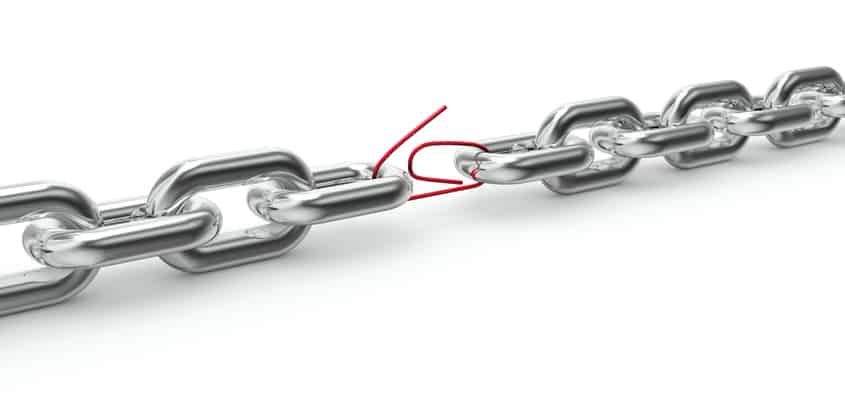In one of our previous blogs How to Optimize Sustainable Value Creation, we made the case that the value chain is fundamental to being able to fully understand and manage your business like a value creation system. This post describes why and how.
What is a value chain?
The Value Chain is a map of a company as a value creation system, identifying the interconnected working components (and associated resources) that provide work-to-value context, making it possible to see and understand how work anywhere in the organization impacts corporate value.

Why is the value chain so important?
The value chain brings clarity and precision to management of the value creation system, forcing the definition of “value” that customers, stakeholders and shareholders expect from delivery teams. Thus, value is determined by the net perception of customers, stakeholders and shareholders. Continually managing to perceived value of a diverse group of people is extremely difficult unless delivery teams manage to explicitly define and validate target value outcomes (steady-state KPIs and stretch goal OKRs). Without these value outcomes that clearly paint the bullseye for delivery engineering, delivery teams will always either over-engineer (resulting in wasted resources) or under-engineer (resulting in an abundance of risk).
The obvious way to address this is to make sure the delivery teams throughout your company identify and manage their specific validated target value outcomes. Sounds easy, right? But as you dig in, you will realize that without a defined value chain, there are some key questions that can’t be answered. For example:
1. What are all the delivery teams in my company and how do they interconnect?
NOTE: delivery teams should not be confused with functional org teams. Delivery teams are frequently cross-functional.
2. Who are the people that make up each of these delivery teams?
3. How can these teams know if they are creating/preserving value for customers in a way that creates/preserves value for stakeholders, shareholders and the environment?
What is a value chain link and why does it matter?
The power of the value chain increases when you turn your attention to the individual links in the value chain. In our Insights7 Platform, each value chain link (VCL) is defined as either a product or service (internal or market-facing). Why? Because, by definition, products and services have customers. With customers, VCL delivery teams can now establish relevant, validated target KPIs for customers as well as stakeholders, shareholders and environment. When every delivery team can operate within this customer/supplier relationship context there is shared understanding that maintains alignment so every VCL decision and action can be objectively evaluated in terms of value/cost/risk impact to customer, stakeholder and shareholder value.

Value chain management enables leaders to first focus on establishing, communicating and tracking desired value outcomes; and secondly empower and equip delivery teams so they can focus on determining how to best engineer their work and utilize their resources to achieve target value outcomes.
A new and improved way of thinking and executing
The foundation of Insights7’s thinking and system design is grounded in this belief: “The only purpose of a company is to create/preserve meaningful value for customers in a way that also creates/preserves meaningful value for stakeholders, shareholders and the environment. Anything less, puts sustainability at risk.”
This statement should stimulate a set of important, self-reflective questions:
- Is our company explicitly managing sustainable corporate value?
- If so, how?
- If not, why not?
Effectively managing the relationship between work and sustainable corporate value requires an improved, more comprehensive way of thinking and executing. Existing enterprise structures (e.g., organizational structure and chart of accounts) are critical and necessary but none of them manage a company’s work-to-value relationships. Enter the value chain and Sustainable Value Management™.
Next level business management
Insights7 has introduced Sustainable Value Management™ (SVM) as the new enterprise process for defining and managing a company’s end-to-end value chain. SVM enables the connection, integration and continual optimization of a company’s value chain links, resulting in continual growth of customer, stakeholder, shareholder and environmental value in an intentionally balanced manner. Want to explore how SVM and the value chain can help you take your organization to next level sustainable value? Click here to schedule a call with us to learn more.




